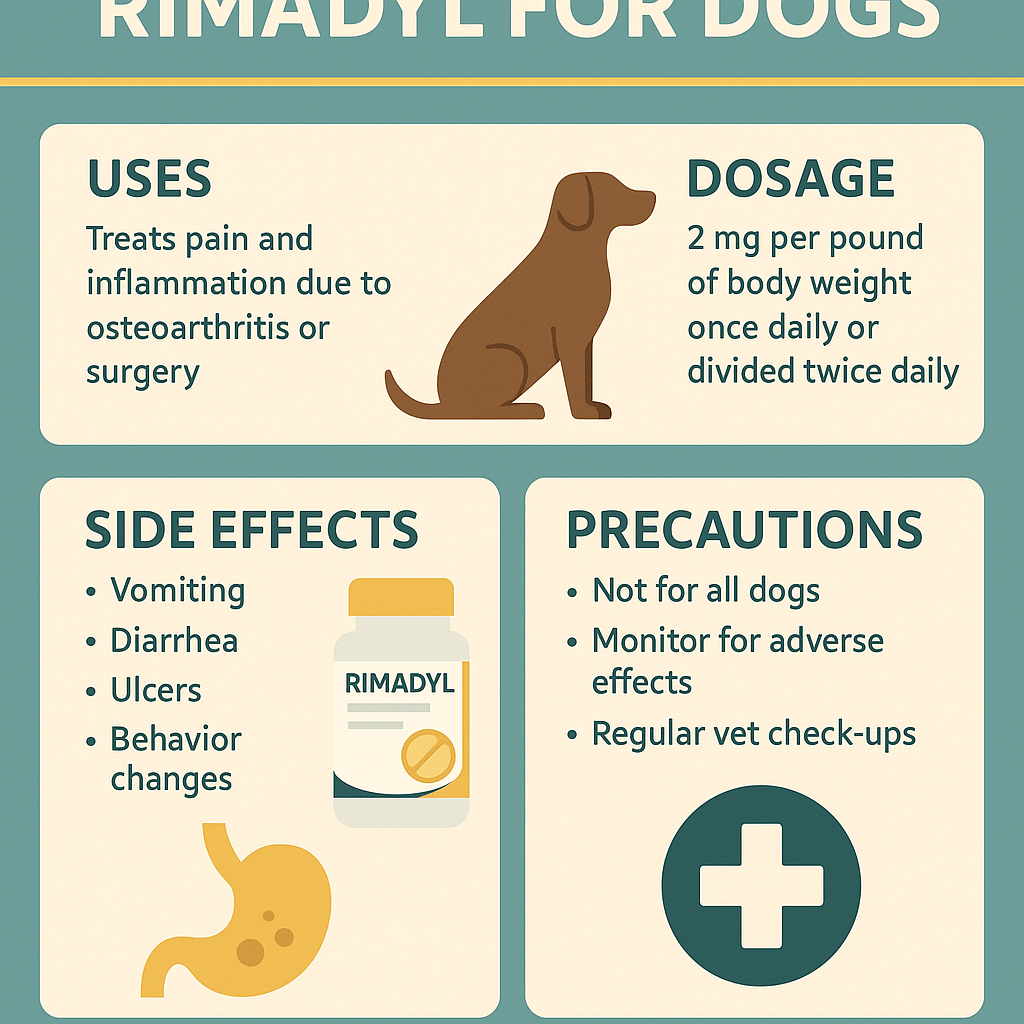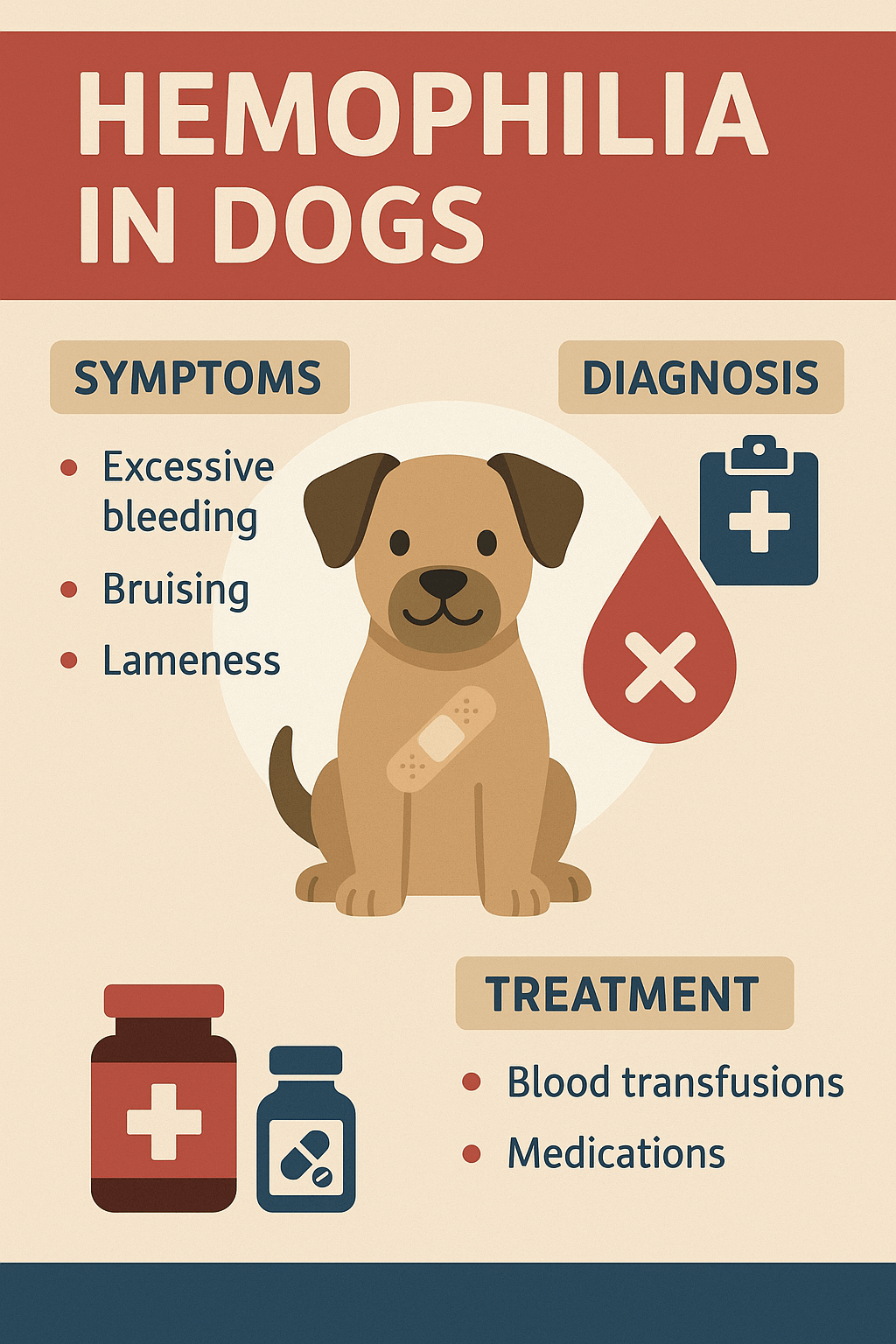Best Family Dogs: Finding the Perfect Companion for Your Household
Choosing a dog to join your family is one of the most exciting yet important decisions you’ll make. The right breed can bring joy, companionship, and endless love into your home, but it’s essential to consider factors like temperament, size, energy levels, and care requirements. Not every dog is suited for family life, so understanding what makes certain breeds stand out as the best family dogs is crucial. In this blog post, we’ll explore top picks for family-friendly dogs, their unique traits, and how to ensure they thrive in your household. Let’s find the perfect furry friend for your family!
Top Breeds That Make Great Family Dogs
Certain dog breeds are renowned for their friendly, patient, and adaptable nature, making them ideal companions for families of all sizes. Here are some of the best family dogs and what makes them special.
Golden Retriever:
Known for their gentle demeanor and love for children, Golden Retrievers are affectionate, loyal, and highly trainable.Labrador Retriever:
With boundless energy and a playful attitude, Labs are excellent with kids and thrive in active households.Beagle:
Beagles are small, curious, and friendly, making them great for families who enjoy outdoor adventures.Boxer:
Boxers are protective, energetic, and incredibly loving, often forming strong bonds with children.Cavalier King Charles Spaniel:
These small, affectionate dogs are calm, adaptable, and perfect for families living in smaller spaces.
These breeds consistently rank among the best family dogs due to their compatibility with children and ability to adapt to various lifestyles.
Key Traits to Look for in a Family Dog
When selecting a dog for your family, certain traits can help ensure harmony and happiness in your household. Consider these qualities when choosing your new companion.
Friendly Temperament:
A good family dog should be naturally sociable and enjoy spending time with people of all ages.Patience with Children:
Dogs that are tolerant and gentle are better suited for homes with young or energetic kids.Trainability:
Easy-to-train breeds make it simpler to teach basic commands and establish household rules.Moderate Energy Levels:
While some families enjoy high-energy dogs, others prefer breeds that match a more relaxed pace of life.Adaptability to Living Spaces:
Whether you live in an apartment or a house with a yard, your dog should feel comfortable in your environment.
By prioritizing these traits, you can find a dog that fits seamlessly into your family’s unique dynamic.
Check this guide 👉Are Cane Corsos Good Family Dogs? Best 7 Expert Tips!
Check this guide 👉Piebald Dog Breeds: Best 7 Expert Tips!
Check this guide 👉Is a Presa Canario a Family Dog? Best 7 Expert Tips!

Best Family Dogs for Active Families | Best Family Dogs for Smaller Spaces |
|---|---|
Labrador Retriever | Cavalier King Charles Spaniel |
Australian Shepherd | French Bulldog |
Border Collie | Bichon Frise |
Vizsla | Shih Tzu |
Bernese Mountain Dog | Pug |
How to Prepare Your Home for a Family Dog
Bringing a dog into your home requires preparation to ensure a smooth transition and a safe environment for everyone. Follow these steps to get ready for your new family member.
Puppy-Proof Your Space:
Remove hazardous items like electrical cords, toxic plants, and small objects that could be swallowed.Create a Comfortable Sleeping Area:
Set up a cozy bed in a quiet corner where your dog can rest and feel secure.Stock Up on Supplies:
Purchase essentials like food bowls, toys, grooming tools, and a collar with an ID tag.Establish House Rules Early:
Decide which areas of the house are off-limits and communicate these boundaries clearly.Schedule a Vet Visit:
Arrange a check-up with a veterinarian to ensure your dog is healthy and up-to-date on vaccinations.
Taking these steps ensures your home is a welcoming and safe place for your new furry family member.
Tips for Raising a Happy and Well-Behaved Family Dog
Raising a well-adjusted dog takes time, effort, and consistency. These tips will help you foster a positive relationship with your pet while maintaining a harmonious household.
Start Training Early:
Begin teaching basic commands like “sit,” “stay,” and “come” as soon as possible to establish good habits.Socialize Your Dog:
Expose your dog to different people, animals, and environments to build confidence and reduce anxiety.Provide Plenty of Exercise:
Regular walks, playtime, and mental stimulation prevent boredom and destructive behaviors.Use Positive Reinforcement:
Reward good behavior with treats, praise, or toys to encourage repetition of desired actions.Spend Quality Time Together:
Strengthen your bond by engaging in activities like cuddling, playing fetch, or going on adventures.
With patience and dedication, you can raise a happy, obedient dog that enriches your family’s life.
Common Challenges When Owning a Family Dog
While owning a family dog is rewarding, it comes with its share of challenges. Being aware of these potential hurdles helps you prepare for a smoother journey.
Housebreaking Accidents:
Puppies and even adult dogs may have accidents indoors until fully trained. Patience and consistency are key.Chewing Habits:
Teething puppies or bored dogs may chew on furniture or shoes. Provide plenty of chew toys to redirect their behavior.Separation Anxiety:
Some dogs struggle with being left alone, leading to barking or destructive behavior. Gradual desensitization can help.Health Concerns:
Regular vet visits and a balanced diet are necessary to maintain your dog’s well-being and prevent illnesses.Behavioral Issues:
Untrained dogs may exhibit jumping, barking, or pulling on leashes. Professional training can address these problems.
Understanding these challenges allows you to tackle them proactively and ensure a harmonious household.
Benefits of Owning a Family Dog
Beyond companionship, owning a family dog offers numerous benefits that positively impact your household.
Emotional Support:
Dogs provide comfort and reduce stress, helping family members feel happier and more relaxed.Increased Physical Activity:
Walking and playing with your dog encourages everyone to stay active and healthy.Teaching Responsibility:
Caring for a dog teaches children valuable lessons about empathy, responsibility, and routine.Strengthening Family Bonds:
Shared activities like walks or training sessions create opportunities for quality time together.Improved Social Connections:
Dogs often serve as conversation starters, helping families connect with neighbors and other dog owners.
These advantages make owning a family dog a truly rewarding experience for everyone involved.
Signs Your Family Is Ready for a Dog
Before bringing a dog into your home, it’s important to assess whether your family is prepared for the commitment. Look for these signs that indicate readiness.
Consistent Daily Routine:
A stable schedule ensures your dog receives regular feeding, exercise, and attention.Adequate Space and Resources:
Ensure you have enough room and supplies to accommodate a dog comfortably.Commitment from All Family Members:
Everyone in the household should agree to share responsibilities like feeding, walking, and cleaning up after the dog.Financial Stability:
Dogs require ongoing expenses for food, vet care, grooming, and other necessities.Willingness to Train and Socialize:
Investing time in training and socializing your dog is essential for long-term success.
If your family meets these criteria, you’re likely ready to welcome a dog into your home and enjoy the countless joys they bring.
Frequently Asked Questions About Family Dogs
What is the best family dog for first-time owners?
Labrador Retrievers and Golden Retrievers are excellent choices due to their friendly nature and ease of training.
Are small dogs good for families?
Yes, breeds like Cavalier King Charles Spaniels and French Bulldogs are great options for families with limited space.
How much exercise does a family dog need?
Most family dogs require at least 30-60 minutes of exercise daily, depending on their breed and energy level.
Can I adopt a rescue dog for my family?
Absolutely! Many rescue dogs make wonderful family pets with proper training and socialization.
How do I introduce a dog to my kids?
Supervise initial interactions, teach children how to approach and handle the dog gently, and reward calm behavior.
Finding the Perfect Family Dog for Your Home
Selecting a family dog is a decision that requires careful thought and consideration, but the rewards are immeasurable. By choosing a breed that matches your lifestyle, preparing your home, and committing to training and care, you can create a loving and lasting bond with your new furry friend. Remember, every dog has unique needs and personality traits, so take the time to find the one that’s the perfect fit for your family. With the right approach, your new companion will bring years of joy, laughter, and unconditional love into your home.
Rimadyl for Dogs: Best 7 Expert Tips! Discover expert advice on using Rimadyl safely, managing pain, and improving your dog’s mobility with trusted veterinary insights.
Can Dogs Have Tylenol for Pain? Best 7 Expert Tips! Discover the risks, safe alternatives, and expert advice on managing your dog’s pain effectively while avoiding harmful medications.
Understanding Hemophilia in Dogs: Best 7 Expert Tips! Discover expert advice on managing hemophilia, recognizing symptoms, and ensuring your dog’s well-being with practical care strategies.
Understanding Dog Sensitive Skin: Best 7 Expert Tips! Discover expert advice on managing dog sensitive skin, relieving irritation, and improving your pup’s comfort with practical solutions.




